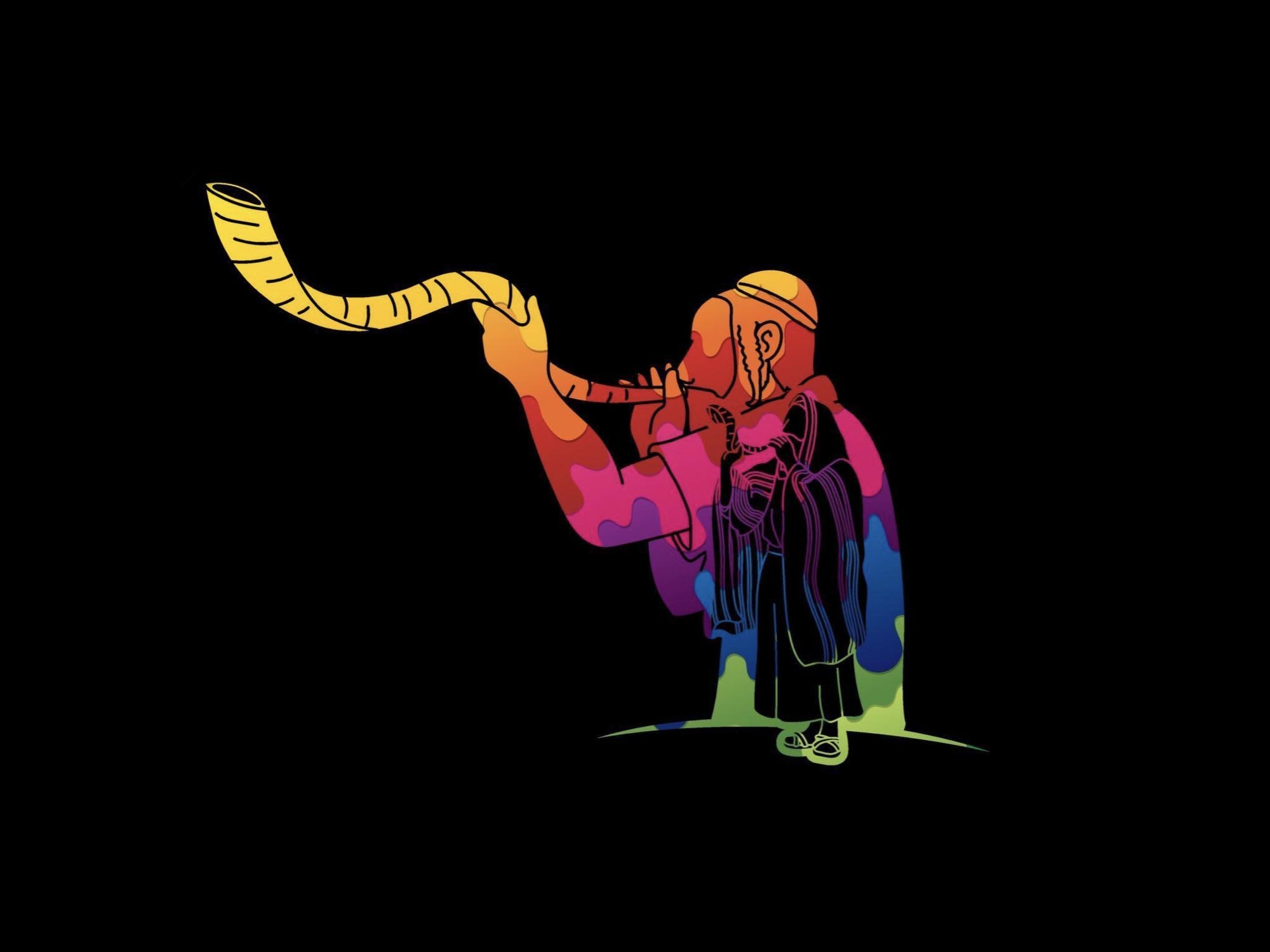As I sit here on a hot August morning, I know that Tishrei is around the corner. We in the Jewish world look forward to a full month of both joyous and introspective fall holidays. But we in the Jewish Disabilities world know that we are also about to encounter the annual experience of shepherding our child/ren with a disability into settings where they are not always able to be at their best, and the people around them are not always at their most tolerant.
Though most people in the world now know about this thing called Autism, because it is an “invisible disability,” many people do not actually recognize Autism when they first meet someone on the autism. And more importantly, many people are not aware of Sensory Processing Disorder, which affects most people with autism, and even more people who don’t have autism. And I will state a painful fact here: synagogues are often a sensory nightmare for anyone with the invisible disability of SPD.
Synagogues are full of people, which is a wonderful thing except if you have a sensory overload challenge from being in crowds; they often have very booming acoustics, which doesn’t bother people who do not have auditory sensitivity. Attendees are expected to be wearing nice, fancy clothes, which is great unless you are someone with tactile sensitivity and are aggravated by stiff, new fabrics. And you are expected to sit and listen quietly and respectfully to lots of prayers, which is wonderful unless you are someone who has trouble sitting for a long time because you have a challenged vestibular and proprioceptive system. I could go on and on, of course, through each of the sensory areas, and point out the challenges that the High Holiday settings pose for people with this invisible disability, but honestly, I find the biggest challenge is the one posed by the people AROUND those with invisible disabilities.
After years of accompanying my son through these sensory overload situations, I know that the one thing that helps more than anything else is being surrounded by people who are compassionate and kind. People with SPD are often keenly aware of the emotions of those around them, especially when someone is disapproving or judgmental.
On the one hand, we have a religion which has very proscribed traditions, formed over thousands of years, and lovingly adhered to throughout time. Along with those traditions, an expectation of appropriate behavior and synagogue decorum has evolved. What does one do when someone is not following those expectations of appropriate behavior?
The High Holiday prayers are full of opportunities for self-reflection and recommitment to being the best person that I possibly can be. They are full of opportunities to examine how I treat others in my daily life. So the instruction for me as a neuro-typical person is fairly direct: how would I like someone to treat me if I were having a hard time and needed some compassion? Can I treat the person sitting next to me (or in the back of the sanctuary) the way I would like to be treated, even if they are making noises at the “wrong” time during prayers, or they are rocking back and forth in a way that I find disruptive, or they are squirming in their seat in a way that I deem not age-appropriate, or….?
The best instruction I have ever come across for the High Holidays (and the rest of the year) is this old Jewish folk story about the Shepherd and the Flute. You can hear my version here:
In fact, our religion of course also has a deep and broad instruction of how to treat other people, regardless of their behavior. What if we embraced what makes us different? As Hillel said, “V’Ahavta l’Raeicha Kmocha”: All the rest is commentary.
